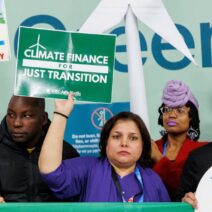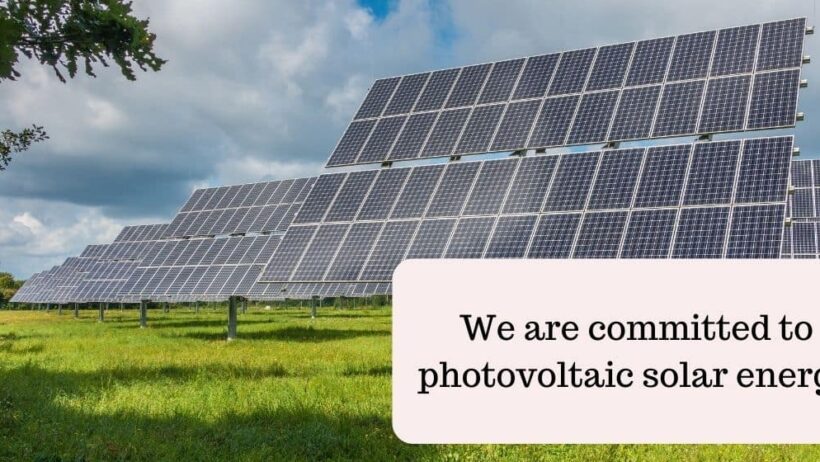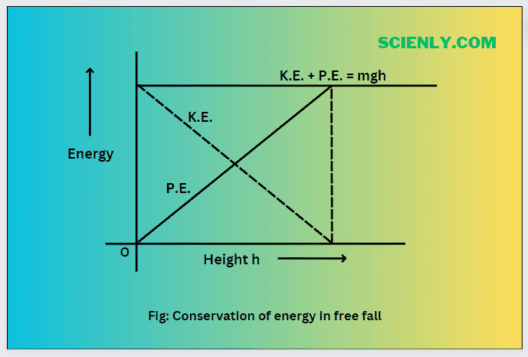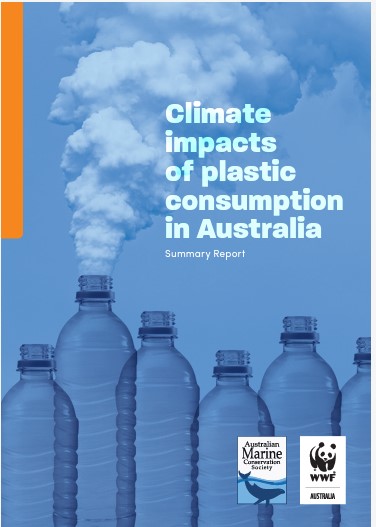Energy conservation is a pivotal aspect of addressing climate change and fostering a sustainable future. The interplay between our energy consumption and the health of the planet necessitates conscientious strategies for reducing electrical and fuel energy usage. This piece offers a comprehensive examination of how individuals and communities can embrace energy conservation, thereby contributing to a cleaner, more resilient environment.
Understanding the significance of energy conservation is essential. Not only does it mitigate greenhouse gas emissions, but it also promotes resource sustainability. The paradigm shift towards renewable energy sources is a testament to innovation in addressing climate challenges. Yet, these advancements cannot succeed without consistent energy-saving practices embedded in daily life.
One of the most effective ways to conserve electrical energy is through the optimization of home electrical systems. Light bulbs, for instance, are seemingly mundane yet impactful. Transitioning from incandescent bulbs to compact fluorescent lamps (CFLs) or light-emitting diodes (LEDs) can drastically reduce energy consumption. In fact, LEDs utilize approximately 75% less energy than traditional incandescent bulbs. They have a longer lifespan, thus minimizing waste and the frequency of replacement.
Moreover, energy-efficient appliances are becoming increasingly accessible. When upgrading household devices, searching for the Energy Star label can illuminate options that reduce both electrical bills and environmental footprints. Dishwashers, refrigerators, and washing machines equipped with this certification are designed to consume less energy and water. Employing such appliances can produce substantial changes over time, illustrating how sensible choices contribute to energy conservation.
Behavioral modifications at home further enhance electrical efficiency. Simple actions like turning off lights in unoccupied rooms, unplugging devices when they’re not in use, and utilizing power strips can lead to significant savings. Interestingly, the phenomenon of “phantom load” occurs when electronic devices consume energy even in standby mode. Therefore, understanding and mitigating these habits can accumulate substantial energy savings over time.
Home insulation also plays a crucial role in reducing energy consumption. An energy-efficient home retains heat during winter and remains cool in summer, resulting in lower heating and cooling costs. Insulation materials, when correctly installed in walls, attics, and basements, create a thermal barrier that limits the exchange of energy with the outside environment. Additionally, sealing gaps and ensuring proper ventilation can optimize this approach further, making for a comfortable living space while exercising energy diligence.
Energy conservation extends beyond individual households; communities can adopt innovative strategies as well. Initiatives such as community-based renewable energy projects enable neighborhoods to band together for sustainable alternatives. Solar cooperatives, for instance, allow collective investment in solar panels, creating shared benefits and reducing the upfront costs for participants. This communal approach fosters not only energy conservation but also social cohesion and resilience.
Transportation is another significant area where energy conservation is paramount. The carbon footprint associated with individual vehicle usage is substantial. Embracing public transportation, carpooling, biking, or walking can lead to reduced fuel consumption. Electric vehicles (EVs) are also an emerging solution, offering a cleaner alternative to traditional combustion-engine cars. As technological advancements propel the development of EVs, many incentives exist aimed at promoting their adoption. Charging infrastructure is expanding, and initiates are being established to encourage EV usage, enhancing their viability in reducing overall fossil fuel dependence.
In addition to transportation, adopting alternative fuel sources can reshape how we think about energy consumption. Biofuels, hydrogen, and other renewable energy sources present alternatives to conventional fossil fuels. Harnessing these innovative solutions underscores the necessity of shifting our mindset towards a sustainable energy economy. Initiatives promoting sustainable agriculture practices can yield biofuels, contributing both to energy conservation and food security.
Engaging in energy-efficient habits at workplaces is equally essential. Larger establishments can audit energy usage to identify inefficiencies. Implementing energy management systems can facilitate this process. Strategies such as dimming lights in unoccupied office spaces, utilizing energy-efficient IT equipment, and encouraging telecommuting can significantly minimize energy expenditure. Corporations and organizations that adopt environmentally friendly practices can inspire their employees, encouraging a broader culture of sustainability.
Moreover, advocating for policy changes at the local, state, and federal levels consistently proves pivotal in driving systemic change. Support for renewable energy initiatives, efficiency standards, and sustainable infrastructure developments can enhance the framework supporting energy conservation. Engaging in public discussions, voting for green policies, and advocating for sustainable practices are essential steps individuals can undertake to influence a broader narrative within society.
Education forms the backbone of energy conservation efforts. Raising awareness about energy-saving methods, sustainable choices, and the implications of our energy consumption behaviors is key to fostering a collective movement. Schools, community programs, and workshops can disseminate knowledge, engage individuals in practical activities, and cultivate a consciousness around energy issues. An informed populace is better equipped to make choices that benefit both themselves and the planet.
Ultimately, the collective efforts of individuals, community organizations, and policymakers are instrumental in pivoting society towards a cleaner energy future. By embracing methods to conserve electrical and fuel energy, society can mitigate the risks associated with climate change, enhance environmental sustainability, and promise a healthier planet for generations to come. The path to a sustainable future requires initiative, commitment, and an unyielding curiosity to explore innovative solutions in the face of environmental challenges.








